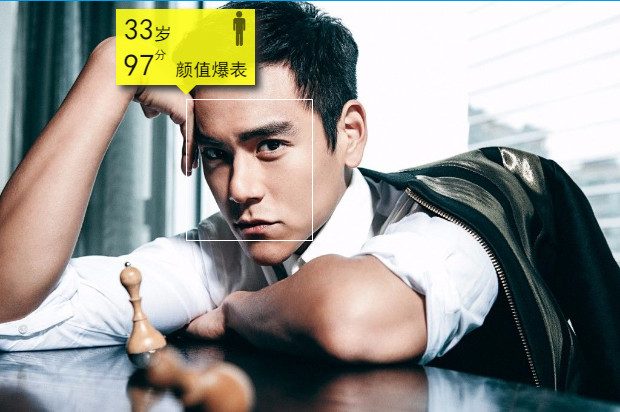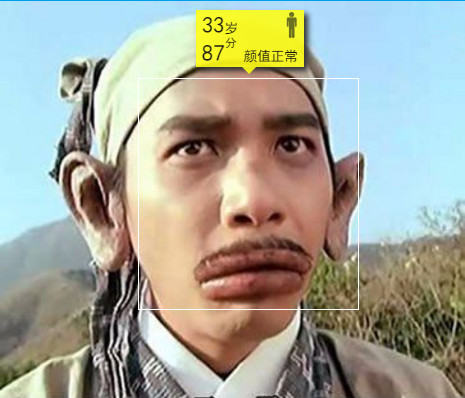Another Way to Say You are Beautiful in Chinese
Hey good-lookin’! In this post we’re covering 颜值 / yánzhí, a popular slang word in China at the moment that breaks-down as follows:
颜 / yán = face; beauty
值 / zhí = number; value; (to be) worth.
Together these characters have come to mean the value of one’s face or beauty – an “attractiveness index” (because we all know that beauty can be indexed and ranked, right?).

You’ll commonly hear:
Tā yánzhí hěn gāo.
他 颜值很高.
I/you/she/he is good-looking (has a high facial value).
Other examples taken from recent Mandarin headlines:
Gāo yánzhí guān èr dài néng dāng hǎo zǒnglǐ ma?
高颜值官二代能当好总理吗?
Can the good-looking son of an official become a good premier?

Gāo yánzhí mèizi dǎchū tàiquán guànjūn céng bèi mièchēng wèi “bābǐ”
高颜值妹子打出泰拳冠军,曾被蔑称为“芭比”。
Good-looking female Muay Thai Champion contemptuously named “Barbie”
Dǎyìnjī yě kěyǐ gāo yánzhí.
打印机也可以高颜值.
Printers can also be good-looking
So there you have it. Now you know how to tell someone they’re really rather attractive as it’s done in the PRC.

And if you’re wondering about the opposite scenario, both “颜值低” (literally: facial value low) and “颜值不高” (literally: facial value not high) are correct. However, since Chinese people are notoriously averse to being straightforward when it comes to criticism, you won’t often hear “颜值低” – that means straight up ugly. Instead, “他颜值不高” (“He’s not attractive”) is a better way to phrase it.
Tā yánzhí bù gāo
他颜值不高

